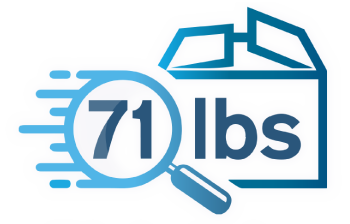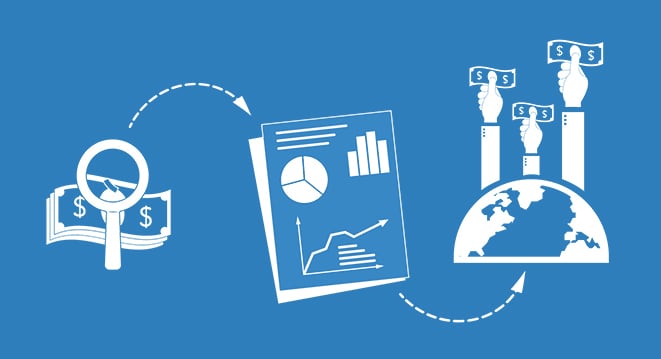When you’re building a business that ships products, the right carrier makes all the difference. These questions will let you identify a fulfillment partner who will help you succeed.
You’ve chosen your product, launched a beautiful website, and now you’re on your way to building a loyal customer base. What’s next? Finding a carrier that goes the distance — both literally and figuratively.
In a world of two-day guaranteed delivery, shipping is perhaps just as important as the product itself. Customers expect fast and accurate delivery, easy returns, and transparent communication along the way. As a business owner, partnering with the right fulfillment company is the best way to ensure those needs are met.
Whether you run an eCommerce business or a brick and mortar operation that also does online sales, it is essential to partner with a carrier that understands your needs, delivers quality customer service, and is worth a piece of your budget. How do you guarantee that a carrier can do this for you? By interviewing them.
Whether you’re shopping around for a new fulfillment company or re-evaluating an existing relationship, asking the right questions can help you articulate your expectations, define the carrier’s obligations, and reveal any red flags that indicate it may be time to look elsewhere.
If you’re wondering what exactly that magic set of questions is, there’s no need to guess. We’ve done the legwork for you. Here are seven to ask before signing on with a parcel carrier.
1. What kind of shipment time can you promise?
It’s not enough for a carrier to promise fast shipping. There should be specific language both in verbal discussions and in the contract that spells out exactly what you and your customers can expect. If you know that your customer base wants three-day shipping, two-day shipping, or even one-day shipping, you need to hear those magic words before committing.
2. What can you tell me about the technology that drives your business?
If you’re running an eCommerce business, you already know how valuable technology is in driving revenue and getting things done. Your carrier should feel the same way. Make sure you’re partnering with someone who innovates and uses technology that integrates with your transportation platform. From automated shipping updates to live inventory, fulfillment is only as good as the software behind it. Do they have open APIs for your tech team to integrate to? How fast/slow do they typically work on customer requests? These are all relevant questions to ask.
3. Can you show me some reviews?
An excellent carrier is backed by excellent reviews. The response to this question should be, “Sure! Here are some current ones.” You should only be in business with a company that has many current, positive reviews. Feel free to do some of your own research here; after all, testimonials produced upon request may be biased or years old.
4. Who is my point of contact and how/when can I reach them?
Your relationship with a carrier may be driven by technology, but human contact still matters. When you ask this question, you should be given a name, contact information, and reasonable guidelines for how you can reach this individual and when you can expect to hear back. If you have a shipping emergency, you need to know your carrier will treat it with urgency.
5. How do you determine your rates?
Asking for an accurate breakdown of rates is the best way to tell if you are being taken advantage of by way of hidden fees. If you’re comparing pricing between carriers, use this information to weigh your options against each other.
It’s all about determining value versus cost. One carrier might look like the best option because they are the cheapest, but if they don’t offer the services you need, you’re still overpaying.
6. How will you scale to meet the needs of my business?
From vendors to carriers, everyone you partner with should be equipped to not only meet your current needs, but also the needs you’ll have in the future.
What are your business’ aspirations? Are you only shipping nationally but would like to ship globally? Are there new products you’d like to add to your inventory? New industries you’d like to explore? Do you anticipate unique demands from your customer base in the future? Ask yourself those questions and use the answers to determine whether a carrier can keep up with what your future looks like.
7. Do you have experience with the type of items I ship?
Experience is one thing; experience in your industry is another. From packaging a product to shipping overseas, not all items are created equally.
Ask what businesses the carrier has worked with that are similar to yours. Keeping in mind the specific needs that your product requires, ask personalized questions about what you can expect in terms of speed and quality. What unique challenges does your business face in terms of shipping? The best carrier should have a solution to those.
As you investigate your options and ask these questions, you may feel befuddled by the process. That’s where having a shipping advocate on your side can help. At 71lbs, we help customers save money on shipping, refunds, and insurance, and we are well-versed in contract negotiations. In other words, we make it easy to understand shipping, so you can get back to running your business. If you’re ready to learn more, contact 71lbs today.



